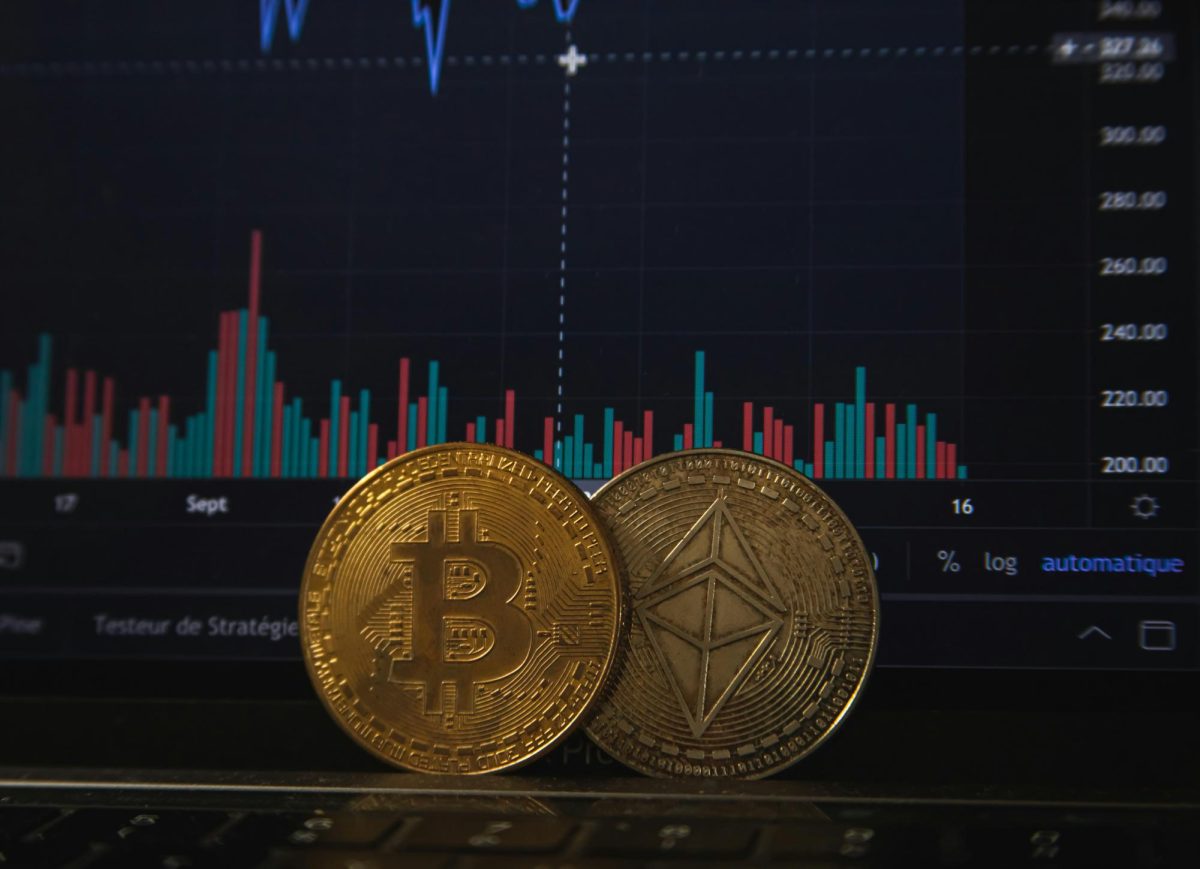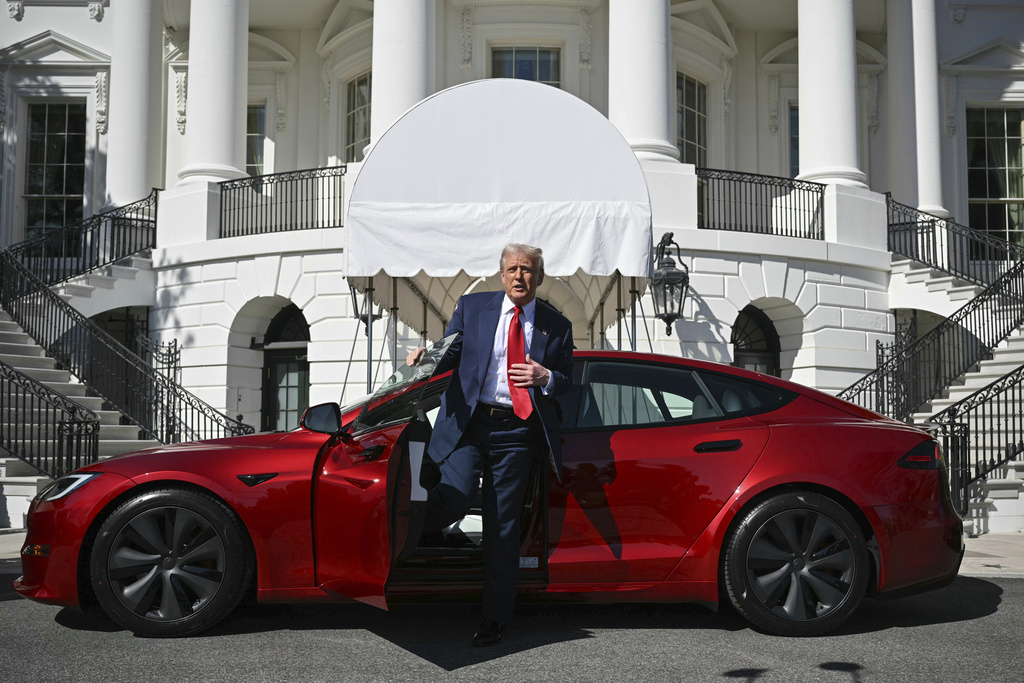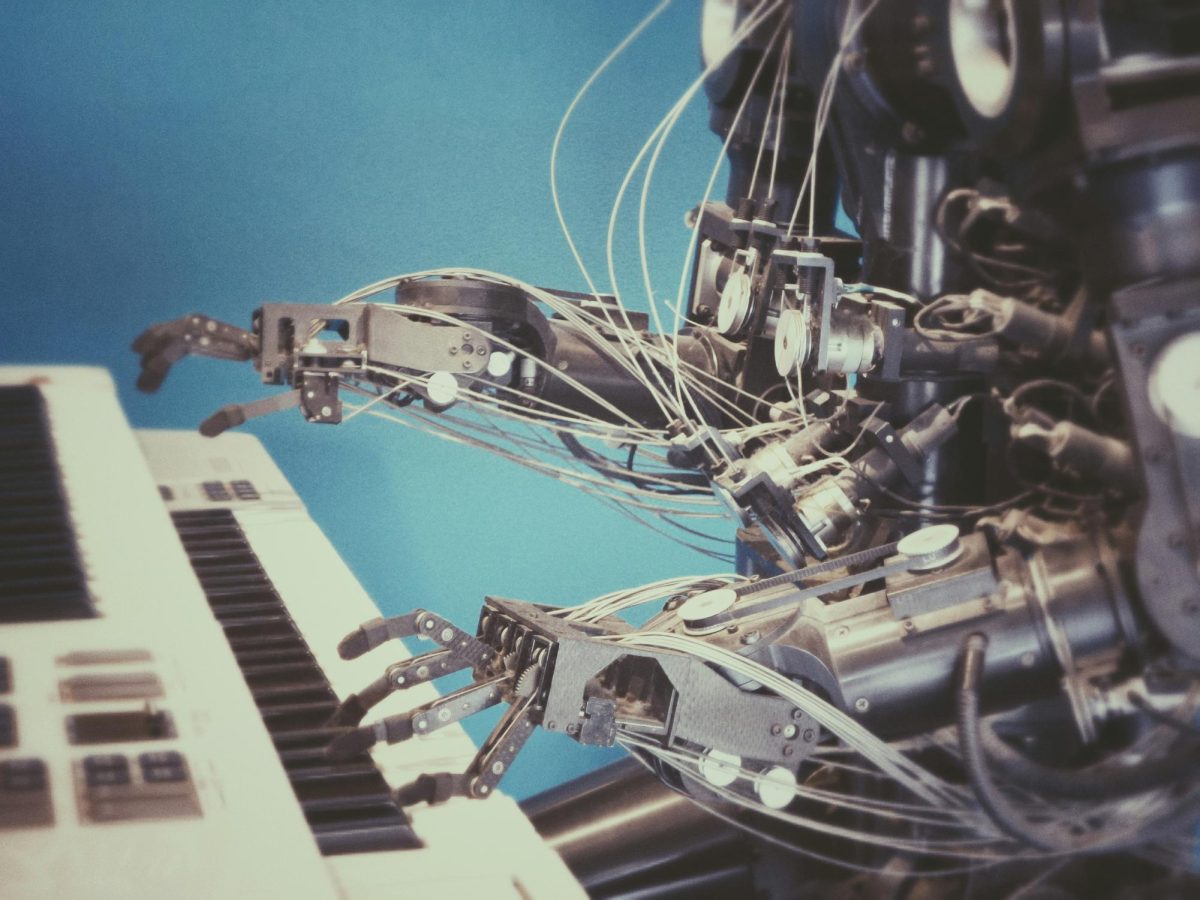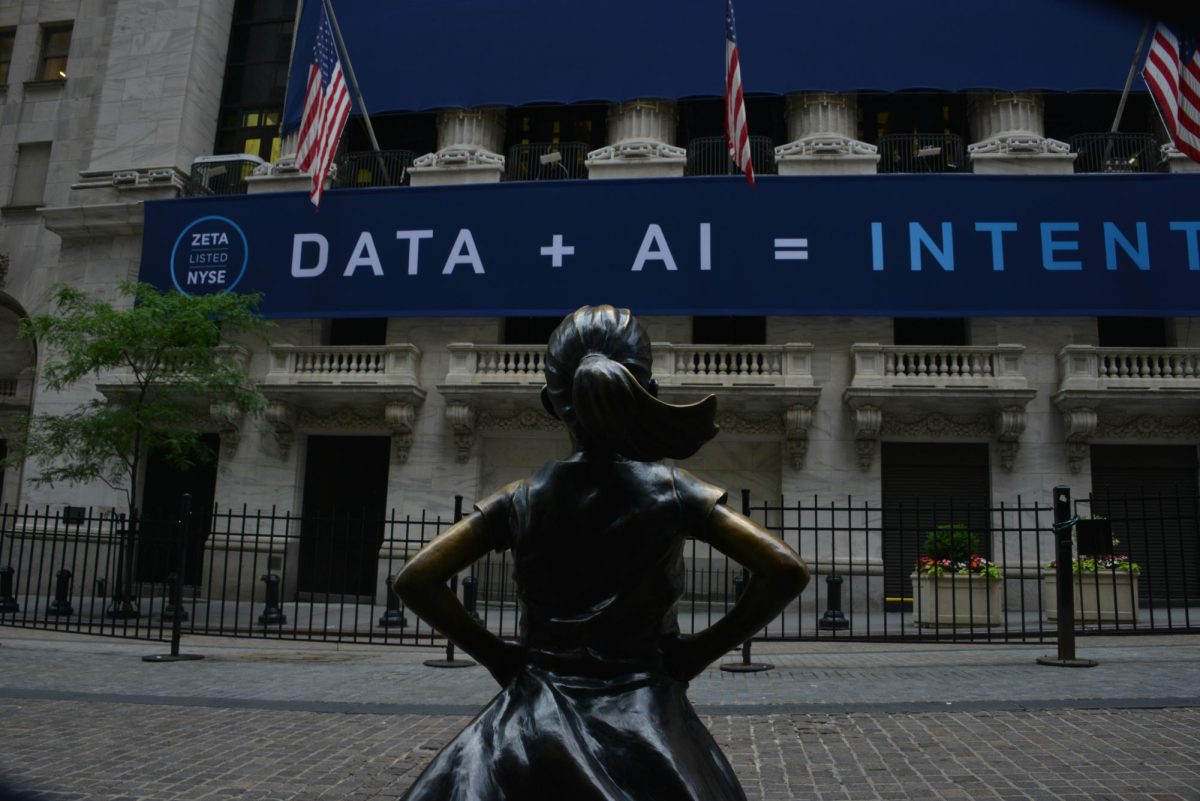This article expresses the views of its author(s), separate from those of this publication. Readers are encouraged to comment or submit a Letter to the Editor to share their opinions. To submit a Letter to the Editor, follow the instructions here.
From Hailey Welch’s alleged rug-pull scam to the current President and First Lady launching their own cryptocurrencies, memecoins have—unfortunately—permeated into many aspects of modern-day culture.
Despite cryptocurrencies’ negative public perception, the coins continue to sell. Subsequently, those in the industry have managed to gain significant political power in the U.S. government, thanks to a larger, rightward trend in American politics and culture.
Living in the time of the memecoin is a strange experience because I want to laugh at it. I mean, who actually bought the $HAWK coin, thinking it would give them any real value in return? It is clear to me that these currencies are nothing more than overly complex trading cards.
However, this is not the crypto bro reality.
I vividly remember the 2021 blockchain boom, where it was common to hear stories of people making life-changing amounts of money from what one could consider a joke investment. NFTs, Dogecoin, and DeFi were major hot topics for a couple months.
With this in mind, I can understand how some people might still hold out hope to strike it rich this way. But unlike other forms of gambling, where the harmful behavior is mostly confined to the gambler, cryptocurrencies have seeped into aspects of culture that affect everyone in the United States.
Now, the Doge meme has found its way into the U.S. government, and the current Trump administration is vying for the title of “crypto capital of the world.”
What does the infiltration of memecoins mean more broadly?
Despite how silly cryptocurrencies seem, the reality of their effect on politics makes it impossible to laugh them away.
With major figures in the crypto scene attempting to grasp political power in the Trump administration, one has to wonder how this industry—that many view as gambling at best and a scam at worst—has managed to dig its claws into the culture at large.
It could be a similar phenomenon to the other tech bros trying their hardest to stay in President Trump’s good graces. On their end, it is beneficial to not have to do things like fact-check or follow DEI regulations. In turn, the growing right-wing American public grasps onto them and their platforms as representative of the correct way forward for America.
In 2023, Gallup published polling data indicating that 38 percent of Americans claim conservative or very conservative social views, a five percent increase from the previous year. This percentage increases to 44 percent when it comes to people holding conservative economic views.
A growing consumer base to use right-wing political appeals on.
Crypto falls right in line with libertarian philosophy, with the whole idea based on creating decentralized monetary systems, so it makes sense for those in the crypto industry to want to seize this particular political moment.
In taking advantage of the political capital they have found themselves with, those in the crypto industry have expanded their potential reach beyond those who get duped by memecoins to a large swath of the American population.
___
For more information or news tips, or if you see an error in this story or have any compliments or concerns, contact editor@unfspinnaker.com.

















